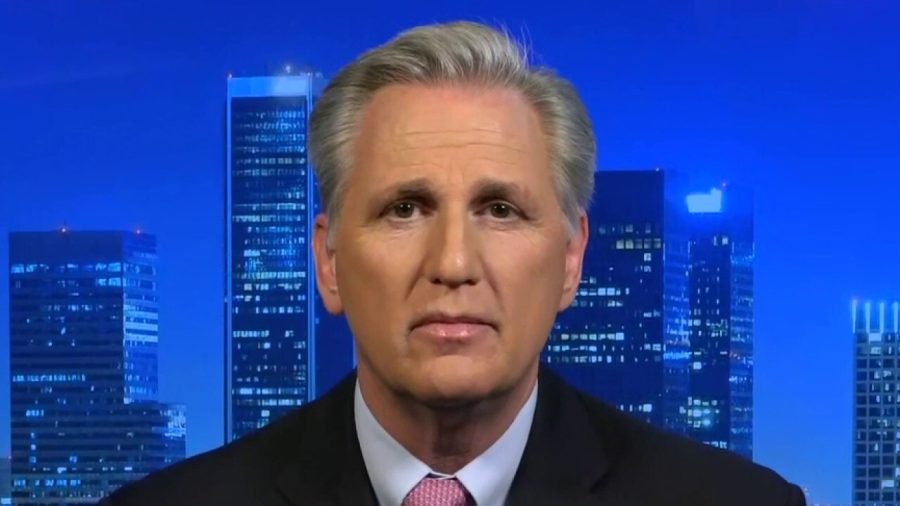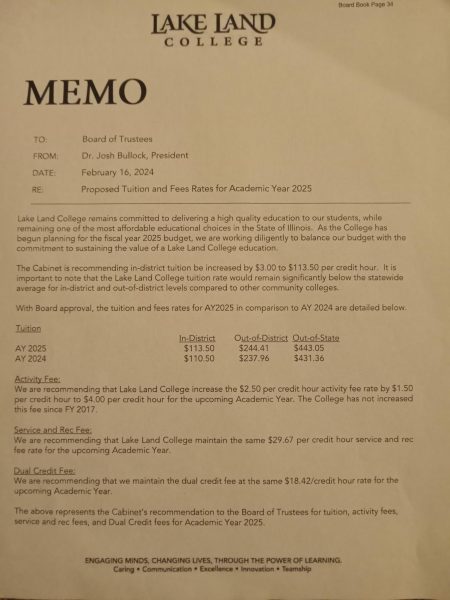The Speakership Election of 2023: the candidates, results, and impact
February 6, 2023
In the early hours of Jan 7, Representative Kevin McCarthy (R – CA, 20th District) was elected as the Speaker of the House of Representatives after 15 rounds and 4 days of voting, which was longer than any speaker election since before the Civil War and the beginning of the 34th Congress. He has become the 2nd in line in the line of succession, behind Vice President Kamala Harris.
McCarthy, a republican and native of California, had his first experience in the California State Assembly from 2002 – 2006 as a state representative, serving from 2004 – 2006 as the Minority Leader. He advanced the national level of government in 2007, serving on many different republican-led committees. After the 118th congress was sworn in, he became one of the leading members to be nominated for the office of speaker, succeeding Nancy Pelosi (D – CA, 11th District). However, members of the “Freedom Caucus”, a group of 20 far-right conservative members, prevented his victory to become the speaker until the 15th ballot.
McCarthy’s main opponent was Hakeem Jefferies (D – NY, 8th District). He started out in the New York State Assembly from 2007 – 2012, then moved to the national government, representing New York’s 8th District in 2013. Aside from his duties as the representative of his district, he is also currently the leader and chair of the House Democratic Caucus, and the House Minority Leader, preceded by McCarthy.
Aside from the two main nominees, there were others who either gained support, but lost it to another candidate, or lost interest in the position. Matt Gaetz (R – FL, 1st District), a self-proclaimed “libertarian populist”, supported former President Donald Trump, both during his 2016 election, and in the 7th, and 11th rounds of voting, with no others in favor of this. The “Freedom Caucus” initially supported Byron Donalds (R – FL, 19th District) to be speaker, detracting from McCarthy’s initially-thought solid republican votes. He ended up removing himself from the race after the 11th round of voting.
In the end, the 15th and final round of voting ended in a vote of 216-212, with six voting “Present.” (Those who voted “Present” abstained.) In his acceptance speech, McCarthy said jokingly, “That was easy, eh?” He spoke on topics, such as lowering prices, and securing the southern border, among other things. Not one Democrat stood or applauded the new speaker. Eric Swallwell (D – CA, 14th District) likened the speakership election to the events of Jan 6, 2021, two years ago. “Two years ago insurrectionists failed to take over the Capitol…Tonight Kevin McCarthy let them take over the Republican Party.” “Our system is built on checks and balances.” stated McCarthy. “It’s time for us to be a check and provide some balance to the president’s policies.”








